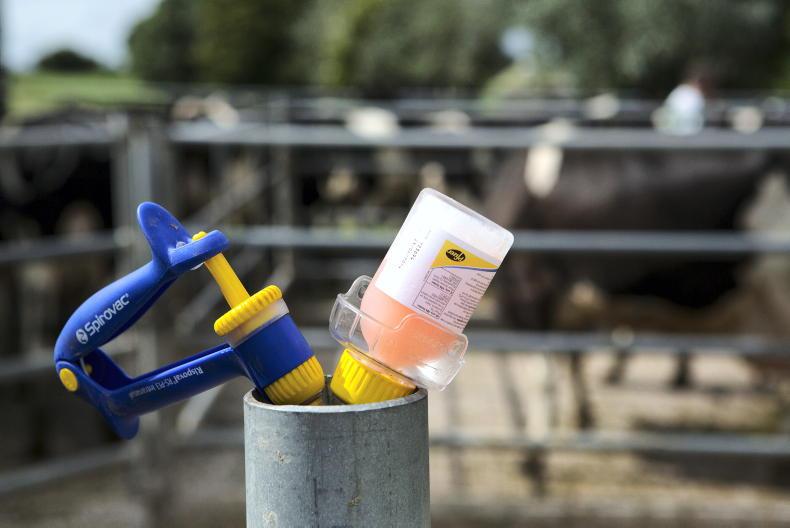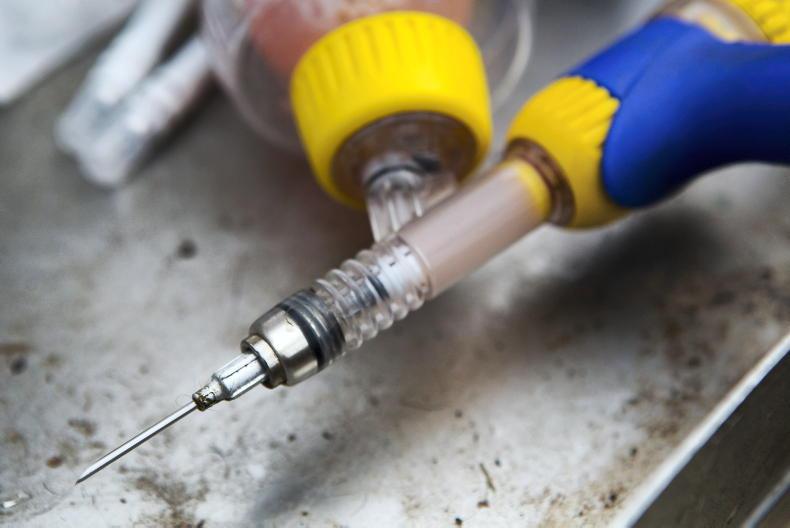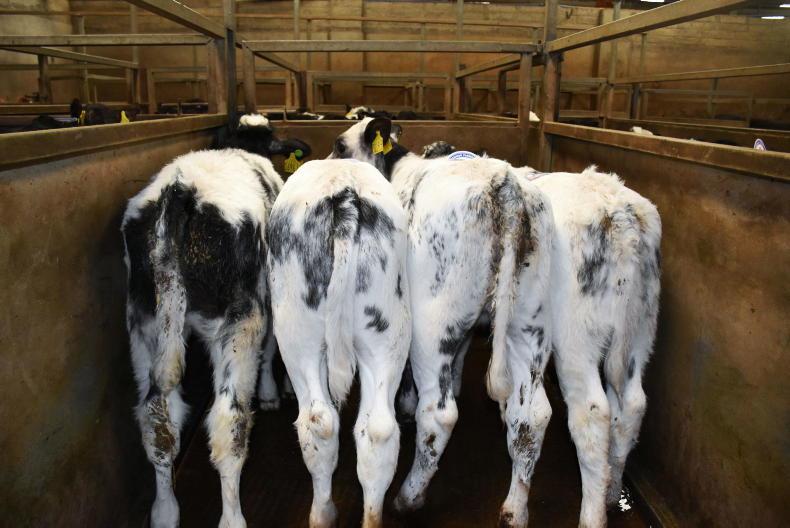A test has been developed in Wales which can detect whether cattle are infected with bovine TB or if they have been vaccinated against the disease.
Professor Glyn Hewinson of the University of Aberystwyth in Wales said that, currently, worldwide TB control relies on a skin test that is ill-defined.
Vaccinate
“When you vaccinate cows with the vaccine that’s used in humans called BCG, the cows become positive to the test and therefore it is illegal to vaccinate cows because you can’t tell the difference between infected cows and vaccinated cows.
“What we’ve been doing is developing a test which can detect infected cows, but doesn’t give a positive reaction in vaccinated cows,” he said.
The vaccination of cows against TB is banned in the EU.
The scientists said that by distinguishing between vaccinated and infected cattle, the new tests could facilitate the implementation of vaccination programmes globally that could considerably reduce the transmission of TB from cattle to humans.
Where to next?
Prof Hewinson said that the research has been published in the journal Science Advances and that it shows proof of concept that that can be done.
“At the moment, it’s just a small proof-of-concept study.
"What needs to be done now is to do much larger field trials in the countries where the test might be used to understand, one; how it performs on a population level, and two; to ascertain its safety so it can be licensed for use.
“For us, this could be quite a leap forward and a real example of how to use precision veterinary medicine to answer the real challenges of controlling bovine TB in the 21st century,” he said.
The new test will now have to be evaluated in field trials to a level recommended by the World Organisation for Animal Health (OIE).
Read more
European 30-day pre-movement test rule to cost €20m/year – IFA
500 cattle herds targeted in TB report
TB Forum resumes with roundtable meeting
A test has been developed in Wales which can detect whether cattle are infected with bovine TB or if they have been vaccinated against the disease.
Professor Glyn Hewinson of the University of Aberystwyth in Wales said that, currently, worldwide TB control relies on a skin test that is ill-defined.
Vaccinate
“When you vaccinate cows with the vaccine that’s used in humans called BCG, the cows become positive to the test and therefore it is illegal to vaccinate cows because you can’t tell the difference between infected cows and vaccinated cows.
“What we’ve been doing is developing a test which can detect infected cows, but doesn’t give a positive reaction in vaccinated cows,” he said.
The vaccination of cows against TB is banned in the EU.
The scientists said that by distinguishing between vaccinated and infected cattle, the new tests could facilitate the implementation of vaccination programmes globally that could considerably reduce the transmission of TB from cattle to humans.
Where to next?
Prof Hewinson said that the research has been published in the journal Science Advances and that it shows proof of concept that that can be done.
“At the moment, it’s just a small proof-of-concept study.
"What needs to be done now is to do much larger field trials in the countries where the test might be used to understand, one; how it performs on a population level, and two; to ascertain its safety so it can be licensed for use.
“For us, this could be quite a leap forward and a real example of how to use precision veterinary medicine to answer the real challenges of controlling bovine TB in the 21st century,” he said.
The new test will now have to be evaluated in field trials to a level recommended by the World Organisation for Animal Health (OIE).
Read more
European 30-day pre-movement test rule to cost €20m/year – IFA
500 cattle herds targeted in TB report
TB Forum resumes with roundtable meeting









SHARING OPTIONS